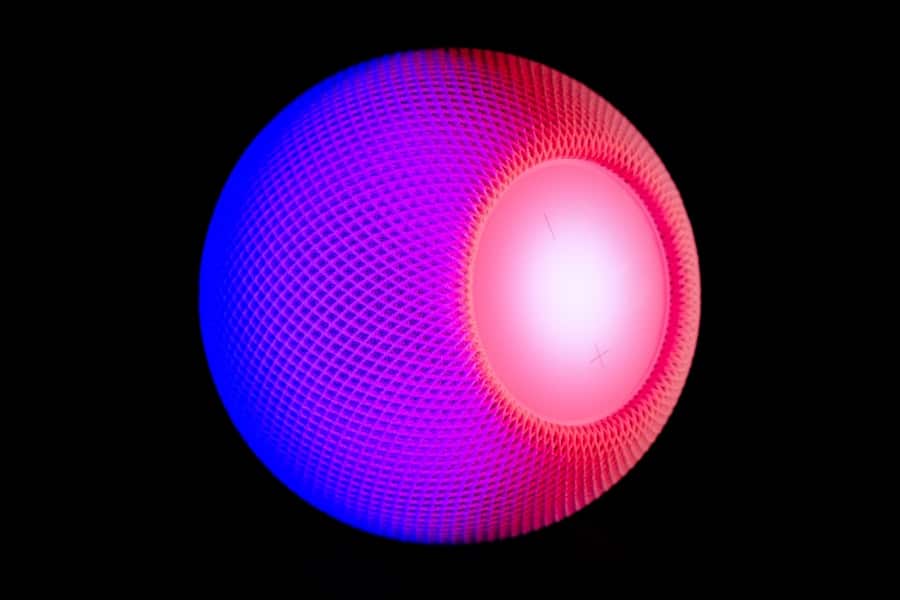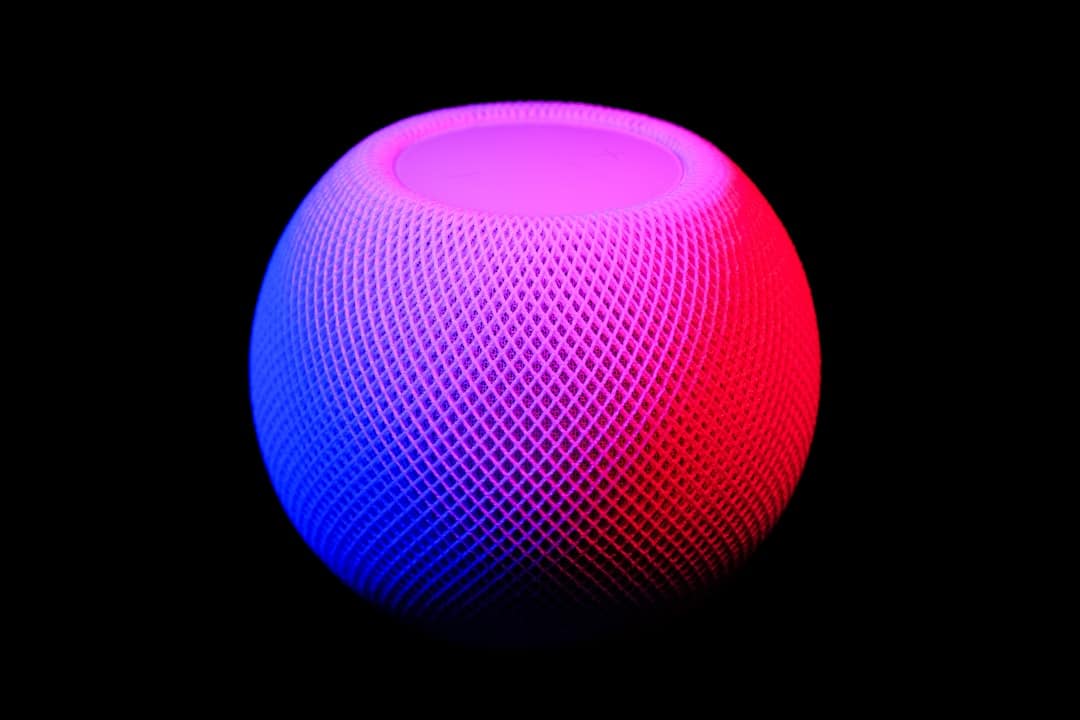The intersection of artificial intelligence (AI) and sustainable packaging represents a transformative frontier in the quest for environmentally responsible practices within the packaging industry.
Traditional packaging methods often contribute significantly to waste and pollution, prompting a reevaluation of materials and processes.
AI, with its capacity for data analysis, predictive modeling, and automation, offers innovative pathways to enhance sustainability in packaging. By leveraging AI technologies, companies can optimize their packaging designs, reduce material waste, and improve recycling processes, ultimately contributing to a circular economy. The integration of AI into sustainable packaging is not merely a trend; it is a necessary evolution in response to pressing environmental challenges.
The global packaging market is projected to reach trillions of dollars in the coming years, and with this growth comes an urgent need to address the environmental footprint associated with packaging materials. AI can facilitate smarter decision-making by analyzing vast datasets related to consumer behavior, material properties, and environmental impact. This capability allows businesses to create packaging solutions that are not only functional but also aligned with sustainability goals, thereby fostering a more responsible approach to consumption and production.
Key Takeaways
- Introduction to AI and sustainable packaging:
- AI refers to the simulation of human intelligence in machines that are programmed to think and learn like humans. Sustainable packaging aims to reduce environmental impact and promote eco-friendly practices.
- Current challenges in sustainable packaging:
- Challenges in sustainable packaging include material selection, design complexity, and supply chain optimization to minimize waste and energy consumption.
- How AI can improve sustainable packaging solutions:
- AI can optimize packaging designs, predict consumer behavior, and streamline supply chains to reduce waste and improve efficiency.
- Examples of AI applications in sustainable packaging:
- AI can be used for predictive analytics to forecast demand, machine learning for material selection, and robotics for automated sorting and recycling processes.
- Advantages of integrating AI in sustainable packaging:
- Integrating AI in sustainable packaging can lead to reduced environmental impact, cost savings, improved consumer satisfaction, and enhanced operational efficiency.
- Potential future developments in AI and sustainable packaging:
- Future developments may include AI-driven biodegradable materials, smart packaging with embedded sensors, and advanced recycling technologies.
- Ethical considerations in AI-driven sustainable packaging:
- Ethical considerations include data privacy, transparency in decision-making processes, and ensuring that AI-driven solutions align with sustainable and ethical principles.
- Conclusion: The role of AI in shaping the future of sustainable packaging:
- AI has the potential to revolutionize sustainable packaging by addressing current challenges, improving efficiency, and driving innovation towards a more environmentally friendly and ethical future.
Current challenges in sustainable packaging
Despite the growing emphasis on sustainability, the packaging industry faces numerous challenges that hinder the widespread adoption of eco-friendly practices. One significant issue is the reliance on single-use plastics, which dominate the market due to their convenience and low cost. These materials contribute to significant environmental degradation, as they often end up in landfills or oceans, where they can take hundreds of years to decompose.
The challenge lies in finding viable alternatives that maintain functionality while minimizing environmental impact. Biodegradable materials and compostable options are emerging, but they often come with their own set of limitations regarding performance and cost-effectiveness. Another challenge is the complexity of recycling systems.
Many consumers are unaware of how to properly dispose of different types of packaging, leading to contamination in recycling streams. This contamination can render entire batches of recyclable materials unusable, exacerbating waste issues. Additionally, the lack of standardized labeling and varying regulations across regions complicate the recycling process further.
Companies often struggle to navigate these complexities while trying to implement sustainable practices that resonate with consumers and comply with regulatory requirements.
How AI can improve sustainable packaging solutions

AI has the potential to revolutionize sustainable packaging by providing insights that drive innovation and efficiency. One way AI can contribute is through advanced data analytics, which allows companies to assess the environmental impact of various materials and designs. By analyzing historical data on material performance, consumer preferences, and lifecycle assessments, AI algorithms can identify optimal packaging solutions that minimize waste and resource consumption.
This data-driven approach enables businesses to make informed decisions about material selection and design modifications that align with sustainability objectives. Moreover, AI can enhance supply chain management by predicting demand patterns and optimizing inventory levels. This capability reduces overproduction and excess inventory, which are significant contributors to waste in the packaging industry.
Machine learning algorithms can analyze sales data, market trends, and seasonal fluctuations to forecast demand accurately. By aligning production schedules with actual consumer needs, companies can minimize excess packaging materials and reduce their overall environmental footprint. Additionally, AI can facilitate real-time monitoring of production processes, allowing for immediate adjustments that enhance efficiency and sustainability.
Examples of AI applications in sustainable packaging
Several companies are already harnessing AI technologies to advance sustainable packaging initiatives. For instance, Unilever has implemented AI-driven tools to analyze consumer feedback and preferences regarding packaging materials. By utilizing natural language processing (NLP) algorithms, Unilever can gain insights into consumer sentiments about sustainability, enabling them to tailor their packaging strategies accordingly.
This approach not only enhances customer satisfaction but also aligns product offerings with evolving sustainability expectations. Another notable example is the collaboration between Coca-Cola and various tech firms to develop AI-powered recycling solutions. Coca-Cola has invested in machine learning algorithms that can identify different types of plastics in recycling streams.
By improving sorting accuracy at recycling facilities, these AI systems help ensure that more materials are recycled effectively rather than ending up in landfills. This initiative not only supports Coca-Cola’s commitment to sustainability but also contributes to broader efforts aimed at reducing plastic waste globally.
Advantages of integrating AI in sustainable packaging
The integration of AI into sustainable packaging offers numerous advantages that extend beyond environmental benefits. One significant advantage is enhanced efficiency in design processes. AI tools can simulate various design scenarios quickly, allowing companies to test multiple iterations without the need for physical prototypes.
This rapid prototyping capability accelerates the development of innovative packaging solutions while reducing material waste associated with traditional design methods. Furthermore, AI can facilitate better consumer engagement by personalizing packaging experiences. Through data analysis, companies can understand consumer preferences at a granular level, enabling them to create tailored packaging designs that resonate with specific target audiences.
Personalized packaging not only enhances brand loyalty but also encourages consumers to make more environmentally conscious choices by highlighting sustainable features or benefits directly on the packaging itself.
Potential future developments in AI and sustainable packaging

Looking ahead, the potential for AI in sustainable packaging is vast and multifaceted. One promising development is the emergence of smart packaging technologies that incorporate AI-driven sensors and IoT (Internet of Things) capabilities. These smart packages can monitor product freshness, track supply chain conditions, and provide real-time data on environmental impact throughout the product lifecycle.
Such innovations could revolutionize how consumers interact with products while promoting responsible consumption practices. Additionally, advancements in material science driven by AI could lead to the creation of entirely new types of sustainable materials that outperform traditional options. For example, researchers are exploring bio-based polymers that mimic the properties of plastics but are derived from renewable resources.
AI can accelerate this research by predicting material behaviors and optimizing formulations for specific applications. As these new materials become commercially viable, they could significantly reduce reliance on fossil fuel-based plastics and contribute to a more sustainable future.
Ethical considerations in AI-driven sustainable packaging
While the integration of AI into sustainable packaging presents numerous opportunities, it also raises important ethical considerations that must be addressed. One primary concern is data privacy and security.
Consumers should be informed about how their data is used and have control over their personal information. Moreover, there is a risk that reliance on AI could lead to unintended consequences if not managed carefully. For instance, algorithms trained on biased data may perpetuate existing inequalities or fail to consider diverse consumer needs.
It is crucial for companies to adopt ethical frameworks that prioritize inclusivity and fairness in their AI applications. Engaging stakeholders from various backgrounds during the development process can help mitigate these risks and ensure that AI-driven solutions benefit all members of society.
The role of AI in shaping the future of sustainable packaging
As we navigate an increasingly complex landscape of environmental challenges, the role of AI in shaping sustainable packaging solutions becomes ever more critical. The potential for AI to drive innovation, enhance efficiency, and promote responsible consumption practices positions it as a key player in the transition toward a more sustainable future. By addressing current challenges through data-driven insights and advanced technologies, businesses can create packaging solutions that not only meet consumer demands but also align with global sustainability goals.
The journey toward sustainable packaging is ongoing, requiring collaboration among industry stakeholders, researchers, policymakers, and consumers alike. As we continue to explore the capabilities of AI in this domain, it is essential to remain vigilant about ethical considerations and ensure that technological advancements serve the greater good. Ultimately, the integration of AI into sustainable packaging practices holds promise for a future where environmental responsibility is at the forefront of business operations and consumer choices alike.
In a recent article on enicomp.com, the review of Huawei smartwatches highlights the innovative technology and features that are shaping the future of wearable devices. The article discusses how these smartwatches are not only stylish and functional but also contribute to a more sustainable lifestyle by promoting health and fitness tracking. This aligns with the theme of sustainability and technological advancements discussed in “The Future of AI in Enhancing Sustainable Packaging Solutions.” To read more about the Huawei smartwatches, visit here.
FAQs
What is AI?
AI, or artificial intelligence, refers to the simulation of human intelligence in machines that are programmed to think and act like humans. This includes tasks such as learning, problem-solving, and decision-making.
How is AI being used in sustainable packaging solutions?
AI is being used in sustainable packaging solutions to optimize packaging designs, reduce material waste, improve supply chain efficiency, and enhance recycling processes. It can also help in the development of biodegradable materials and the reduction of carbon footprint in packaging production.
What are the benefits of using AI in sustainable packaging solutions?
The use of AI in sustainable packaging solutions can lead to reduced environmental impact, improved resource efficiency, cost savings, and the development of innovative and eco-friendly packaging materials. It can also help companies meet sustainability goals and consumer demands for environmentally friendly products.
Are there any challenges in implementing AI in sustainable packaging solutions?
Challenges in implementing AI in sustainable packaging solutions include the initial investment in technology, data privacy and security concerns, and the need for skilled professionals to develop and manage AI systems. Additionally, there may be regulatory and compliance issues to consider.
What is the future outlook for AI in enhancing sustainable packaging solutions?
The future outlook for AI in enhancing sustainable packaging solutions is promising, with continued advancements in technology and increasing awareness of environmental issues. AI is expected to play a key role in driving innovation and efficiency in sustainable packaging, leading to a more environmentally friendly and socially responsible packaging industry.

